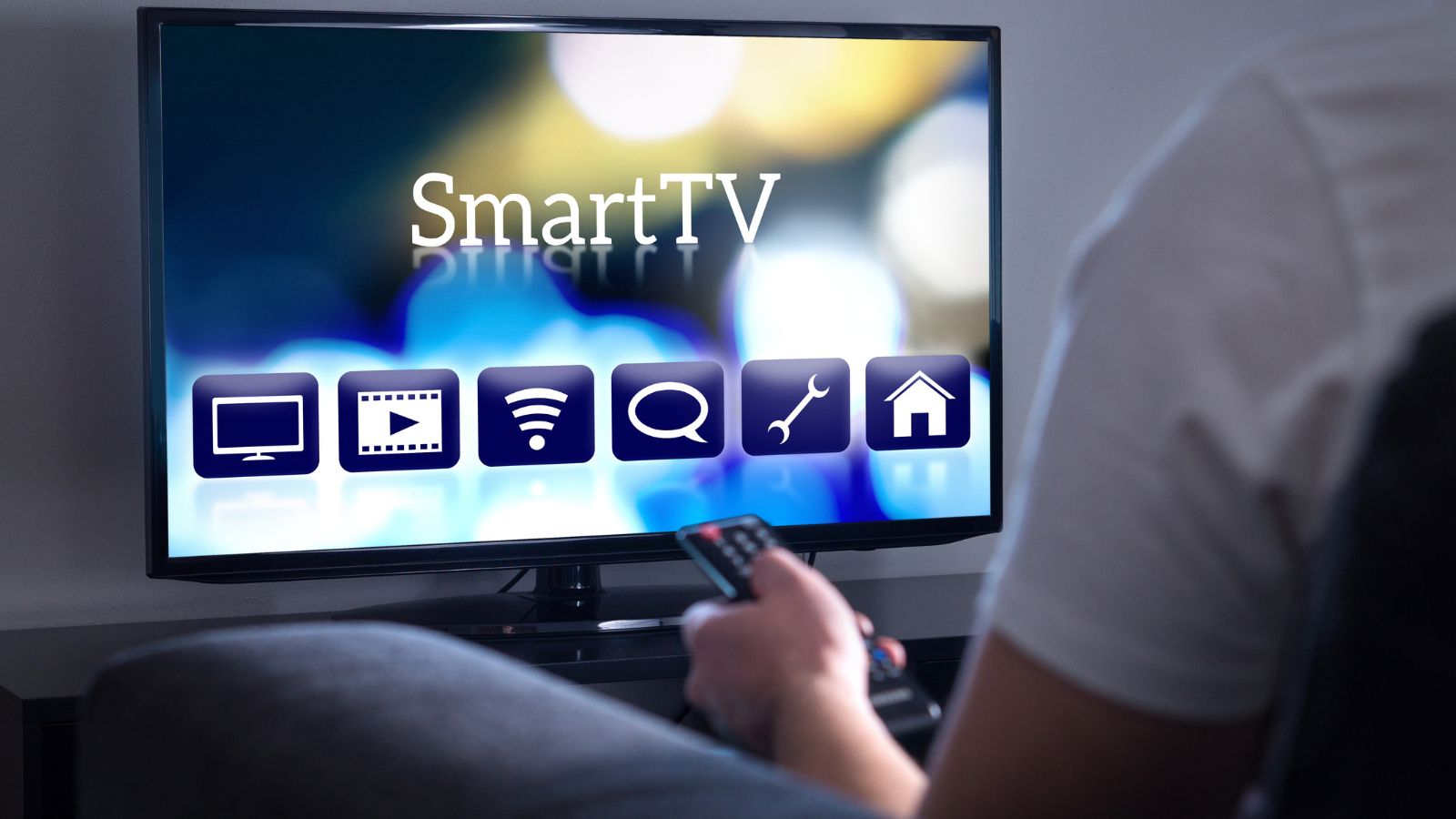Smart TVs have found their way into households across America. Although they offer convenient features, they're not without their flaws. From privacy risks to being confusing and not user-friendly, here are 18 reasons you might reconsider using a smart TV.
Privacy Concerns

Smart TVs are computers that track what you watch and when you watch it. This data is collected to personalize ads and content suggestions, but it also means your viewing habits aren’t private. If the idea of your TV watching you back makes you uncomfortable, a smart TV might not be the right choice for you.
Security Risks

Smart TVs connect to the internet, making them as susceptible to hackers as your computer or smartphone. There have been instances where vulnerabilities in smart TVs were exploited to gain access to users' home networks. As they’re televisions, users are unaware of the security risks they pose.
Complicated Setups
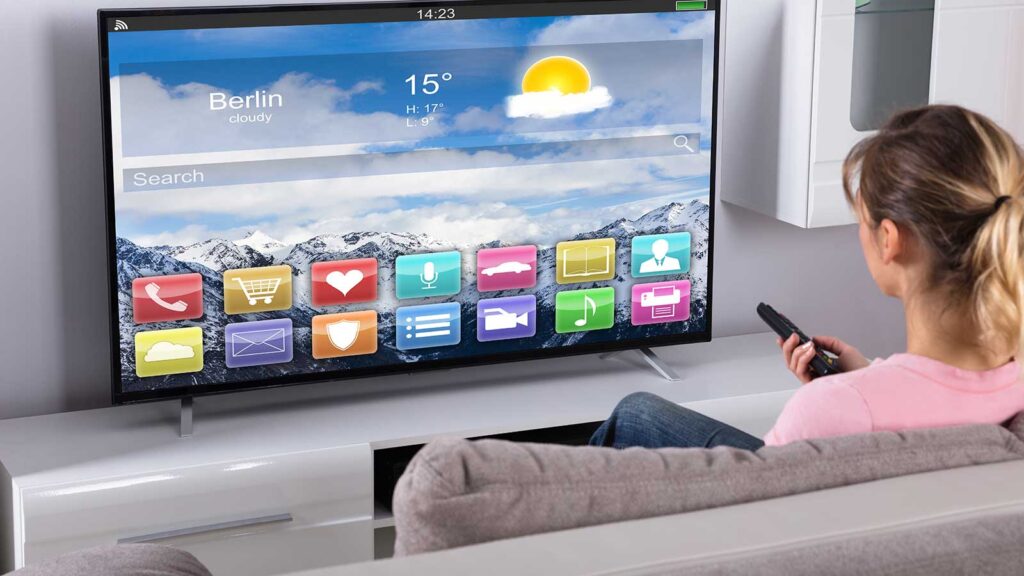
Unlike traditional TVs, setting up a smart TV involves more than just plugging it in. You need to connect it to the internet, log into accounts, and regularly install updates. It’s a time-consuming and frustrating process for people who just want to sit down and watch television or for those who prefer simpler technology.
Dependence on Internet

A smart TV's functionality relies on your home internet connection. If your internet is slow, unstable, or down, your TV's smart features become useless, turning it into a regular TV until the connection is restored. There are some smart TVs that won’t even work without a connection to the internet, so stable internet connections are a necessity.
Built-In Obsolescence
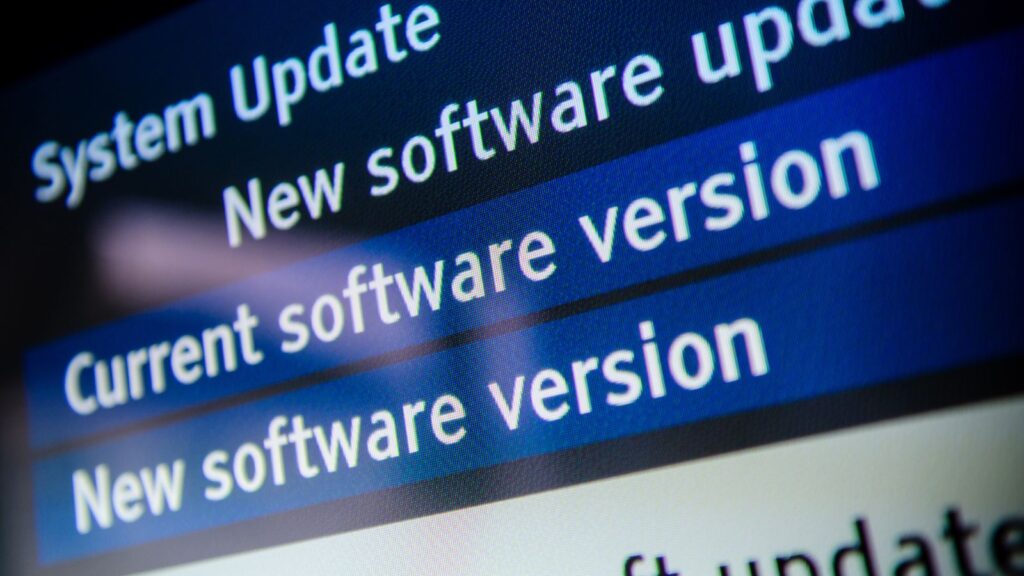
The technology in smart TVs becomes outdated quickly. Manufacturers may stop supporting older models, meaning you won't get the latest updates or app support, forcing an upgrade sooner than you want. When new technology first appears on the market, it develops quickly, and a stream of new models flood the market in the first few years. It’s worth waiting a few years until the pace of change slows.
Overwhelming Choice of Apps
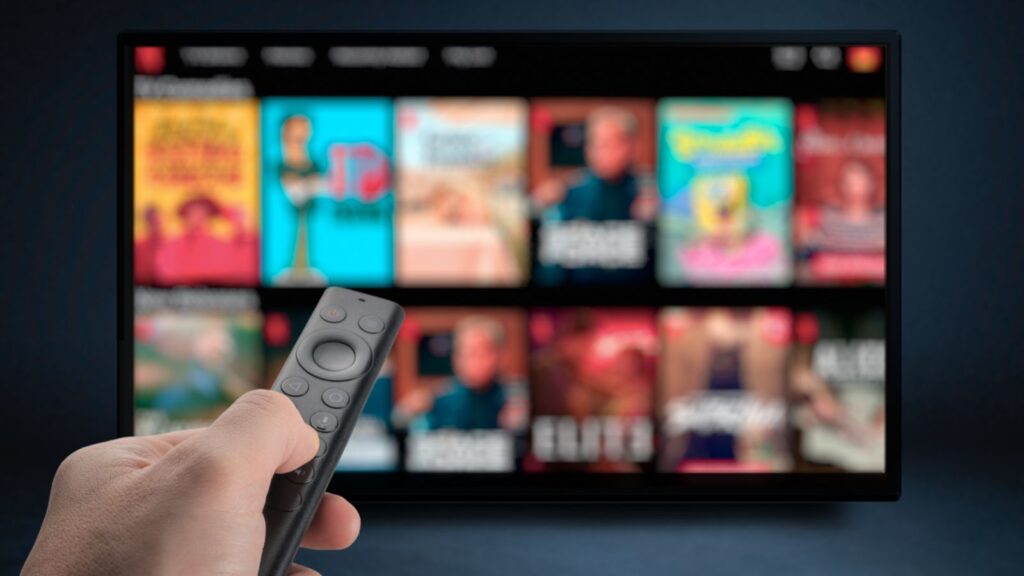
Having various apps at your fingertips sounds great, but in practice, too many choices mean you end up turning the television off. Looking through endless menus to find what you want to watch will ruin the enjoyment of turning the TV on and just watching whatever it’s broadcasting.
Ads and Bloatware
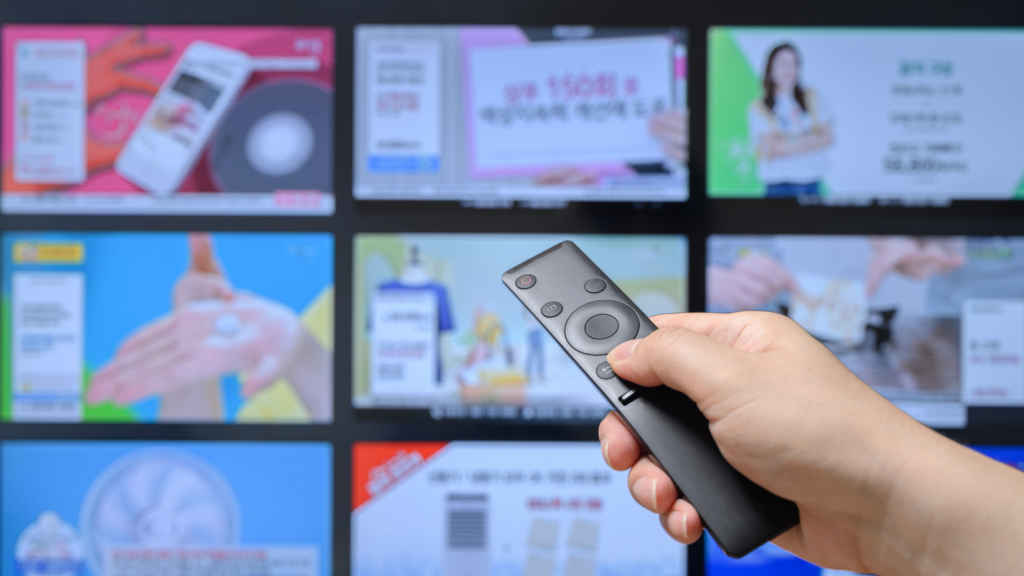
Smart TVs come with pre-installed apps that you may not want, and these can often be accompanied by ads. Unlike phones or computers, you can't always uninstall these unwanted apps, which will make watching television a frustrating experience. You’ve already paid money for your TV; you don’t want it constantly trying to sell you something else.
Increased Energy Consumption

Smart TVs consume more electricity than their non-smart counterparts, especially if used frequently for streaming or running multiple apps. If you’re someone who likes to have the television on all the time, it’s going to increase your electricity bill.
Higher Price Tag

New technology is expensive, so smart TVs have a higher price point than basic models. If you're not going to use the smart capabilities, you might be overpaying for features you don't need.
Interface Issues
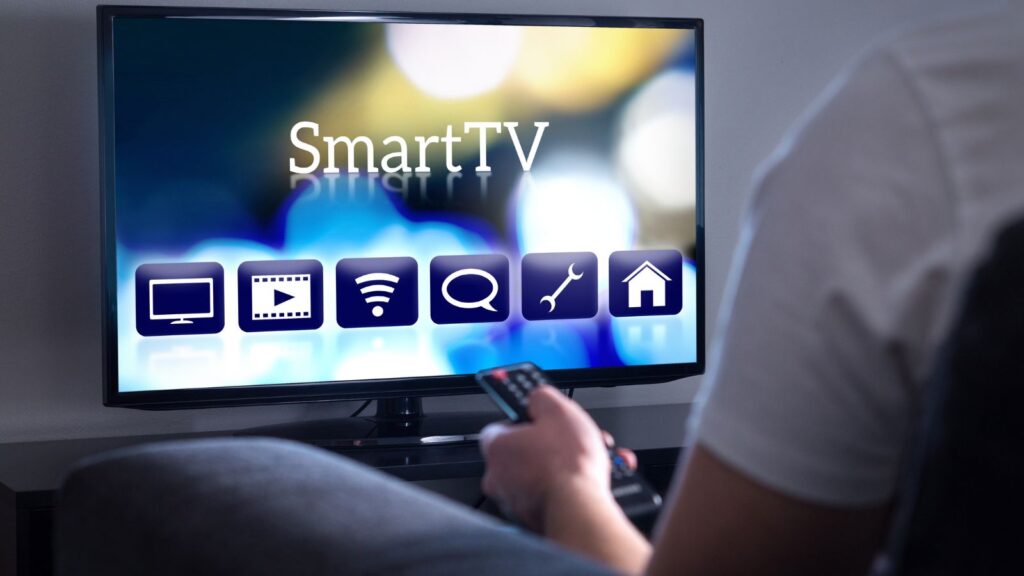
Not all smart TVs are created equal, and some suffer from slow and confusing interfaces. Searching for content or adjusting settings becomes a hassle when you just want to watch some television. Getting a cheaper model is a temptation but you’ll only get what you pay for and that will likely be a poor user experience.
Mandatory Updates
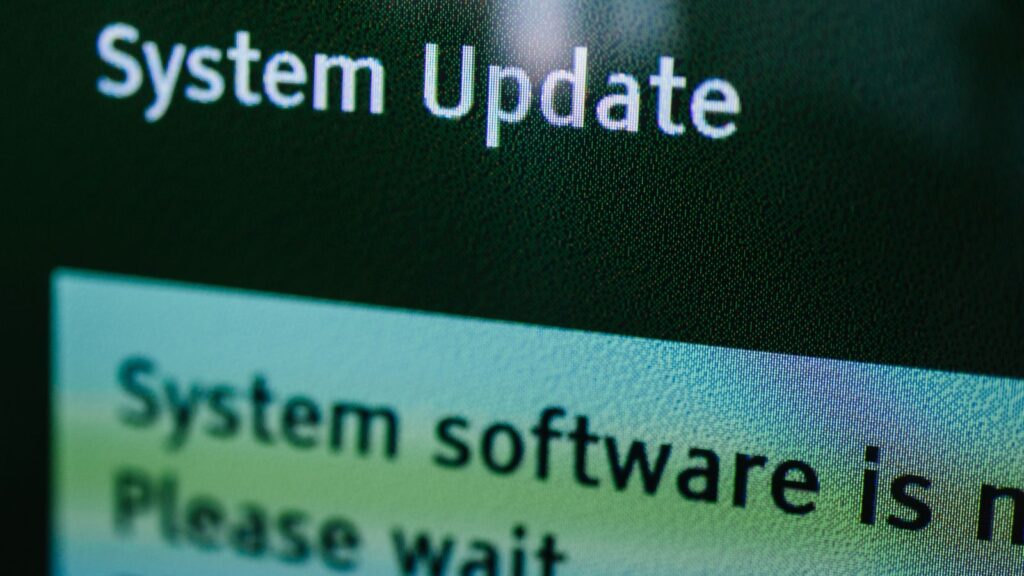
Just like any other piece of modern technology, smart TVs require regular software updates to function properly. These updates can be large and time-consuming, sometimes changing the interface or functionality in ways that users don't appreciate. You also don’t want to turn your television on to find that there is a huge update needed, and you can’t watch anything until it’s complete.
Limited Hardware Upgrades
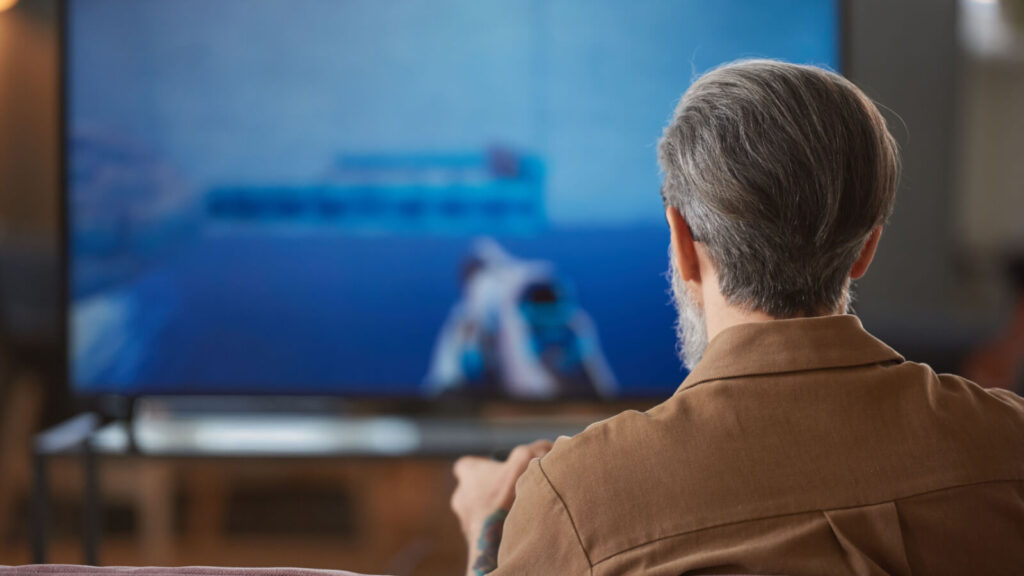
Unlike a computer, you can't upgrade the hardware inside a smart TV. Once the technology becomes outdated, the entire TV must be replaced so they are not the most efficient purchase for your finances.
Poor Integration with Other Devices
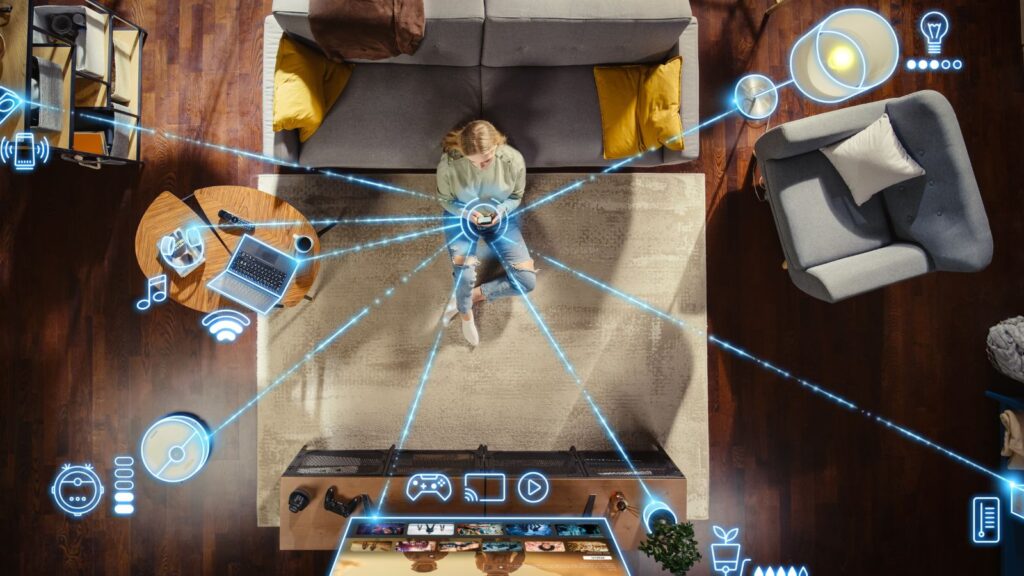
Smart TVs aim to be home entertainment hub, but they do have trouble communicating with other smart home devices. This isn’t very convenient when it’s one of the reasons people buy smart TVs. In the future, the technology will improve, and connections will be better, but for the moment, it’s erratic.
Unnecessary Features
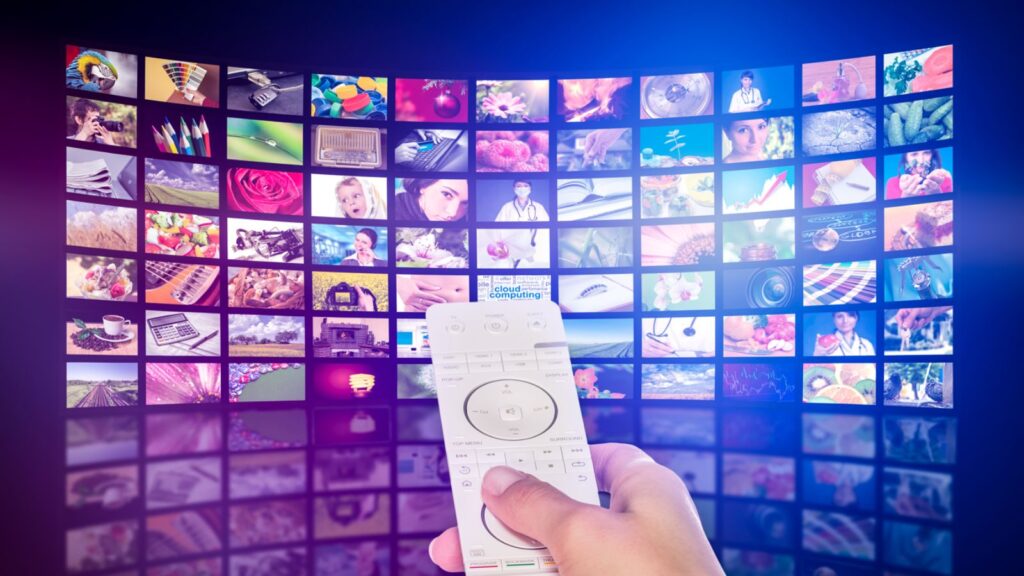
Smart TVs are loaded with features that sound impressive in the store but aren’t used once the TV is home. The salesman will push voice recognition and gesture control, but the reality is you won’t use them. Some of these features might not even work properly, especially gesture control, which is still in development and doesn’t provide a good user experience.
Sound Quality Issues

The slim design of modern smart TVs means the sound quality is compromised. You’ll end up having to buy audio equipment like sound bars or speakers to get reasonable quality sound. Paying a lot of money for a television means you want it to work well in all aspects.
Potential for Spyware

Smart TVs are vulnerable to spyware and malicious software, just like any internet-connected device. The TVs are essentially a larger version of a laptop optimized to play television programs. Opening malicious links can give hackers access to your TV and personal information and the potential to spy on you.
Can Be Slow to Start

Some smart TVs don’t turn on instantly as they have to load up all the information needed to run, much like a personal computer. This delay is annoying if you're used to the instant-on functionality of older TVs.
Complexity for Seniors

For elderly users or those not comfortable with modern technology, smart TVs can be intimidating. There are so many options and menus, and there is a fear of pressing the wrong button or simply not knowing what to do. Watching television becomes a challenge that most people don’t want, especially if you are not great with technology.
30 Traditional Sayings That Are Now Considered Offensive by Woke Culture

30 Traditional Sayings That Are Now Considered Offensive by Woke Culture
21 Habits Often Associated With Having a Lower Social Status

21 Habits Often Associated With Having a Lower Social Status
25 Social Issues Gen Z are Determined to Cancel

